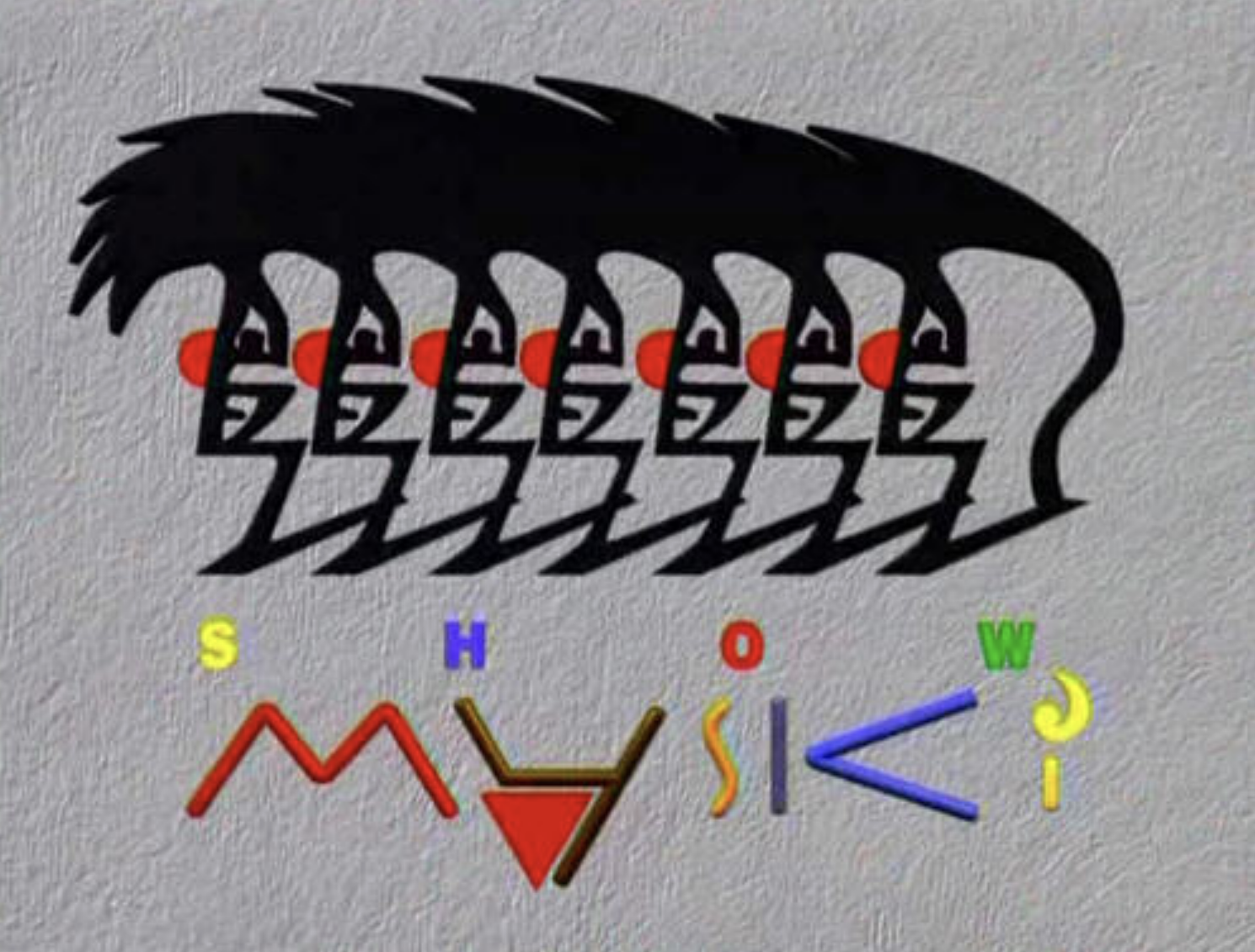Georgii Deliev, "Mask Show [Maski Show]," 1991-2006.
[3 items]
"Mask-Show"
Mask Show was a major, influential sketch comedy program run by the Odesan comedy troupe Maski(Masks). The troupe formed in 1984 under the leadership of Georgii Deliev and created numerous films, stage plays, and even a virtual reality performance (Maski Online, 2017), but their sketch comedy show was undoubtedly their most famous work.
Mask Show was first broadcast on Channel 1 on 5 September 1991 in a conscious imitation of slapstick silent film comedies, as well as English comedian Benny Hill and his eponymous Benny Hill Show (1955-1989). The first episode of Maski Show also parodied the American channel MTV—itself a new phenomenon in the post-Soviet world at the time—with a fast-talking, English-speaking narrator introducing multiple music videos shot in different styles. One portrayed Odesa as a sexy beach resort; another attempted hip-hop; yet a third was a dramatic skit set in Hell with Stalin and Hitler playing chess, surrounded by cavorting women.
The first episode offers a bewildering array of styles, from purely silent clown acts, to musical numbers, to nude women dancing behind transparent plastic—in short, a series of hairpin turns in tone and cinematography. The show’s second episode, “Masks in Colombia” (1991), initiated the recurring motif of the troupe visiting a foreign country and experiencing culture shock and confusion. Later episodes explored broad themes (e.g. “Masks at a Wedding” from 1992 or “Masks on a Boat” from 1996).
According to a 2011 interview with troupe member Vladimir Komarov, the young actors involved were manipulated into predatory contracts by their studios and neither have rights to the television show, nor receive royalties for its broadcasting. Despite this troubled legacy, Maski exemplifies a phenomenon in which Soviet fixtures, like student-run comedy troupes, successfully find their footing in the new, post-Soviet media landscape—attaining lasting popularity through experiments with styles, sounds, and images that had been absent from Soviet television.
